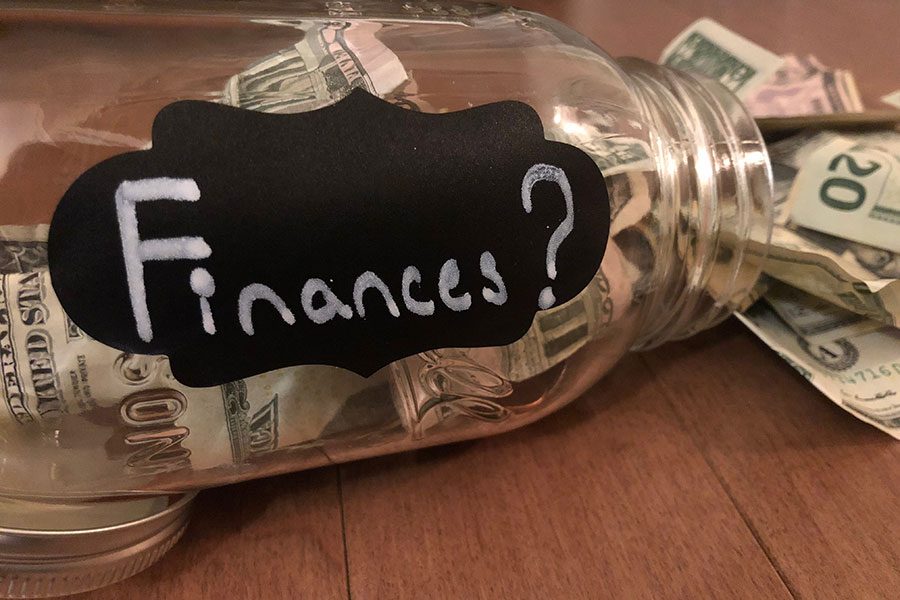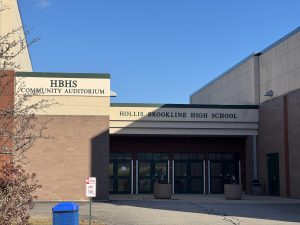Personal Finance, who is prepared?
The Personal Finance class at HB teaches students how to properly manage their money to prevent them from breaking the bank, yet many students seem to think that they don’t need to learn such a skill. “There’s never too much information on managing your money,” said Richard Winslow, school counselor and advocate for Personal Finance.
March 6, 2018
The United States is notorious for having an education system that does not adequately prepare students for the future, especially where personal finance is concerned. The question is, are personal finance students more prepared to handle real-world financial situations than students who have not taken the class?
The personal finance class here at Hollis Brookline High School educates students about managing their money. These lessons teach students everything from creating a budget to managing taxes. Former personal finance teacher, Mark Illingworth, specified that the class teaches students to analyse information using spreadsheets and how to make monetarily smart decisions. Other staff members in the building agree. Adding on, “It [Personal Finance] starts off by giving them awareness of what is a budget, what are taxes. It basically lays the basic framework for being able to do those things,” said Guidance Counselor Richard Winslow. Both staff members expressed their enthusiasm for the class as well as the pertinent skills that students learn from it.
While the topics covered in personal finance may seem mundane to some, both Winslow and Illingworth stressed the importance of such a class. “Just like anything else, there’s no chromosome that tells you how to do things.” Illingworth said, “If you want to learn how to balance your budget, you have to learn it and practice it.” At some point, everyone will handle their own bank accounts, and learning the key aspects of finance in high school can give students a significant advantage for the future. Winslow pointed out that taking a personal finance course in high school assists students in making informed decisions about student loans and car loans.
Both education professionals agreed that personal finance, or at least some form of finance education, is quintessential to a student’s success. Winslow suggested that Personal Finance should be a required class for every senior. However, Illingworth took it one step further saying, “It strikes me as very strange that we require students to take topics like ancient civilizations, but don’t require them to manage their money. Some choose to, but it’s a small number compared to those who should. I also feel that the populous, the economy’s health, would be better if the populous was trained better on how to handle financial problems.”The consensus among the teacher is clear: personal finance and the success that students who take the class will have in the future is extremely important.
A personal finance class is not required in every school across the country. At HBHS, an economics class is required in order to graduate. However, the class focuses on “government finances and state budgeting,” according to Winslow, though he does think that requiring such a course is still an improvement in economics education offered to students.
For example, Kieran Mulligan ‘18 did not take a personal finance course during his education at HBHS, yet he still feels ready for future financial situations that may arise. “After taking economics, I felt pretty prepared. There’s a section in the year on budgeting. It was enough for me. If a student needs a bit more time with the material, they should take Personal Finance,” Mulligan said after considering the content of his financial education.
Personal Finance, taught last semester by Lorna Spargo, is open to sophomores through seniors. If learning about finances in order to become more prepared for the future sounds like a class worth taking, add it to your schedule. “I’m pretty confident that students coming out of my course, if they remember what they learned, will save tens of thousands of dollars [in their futures],” said Illingworth, driving home the importance of personal finance.














